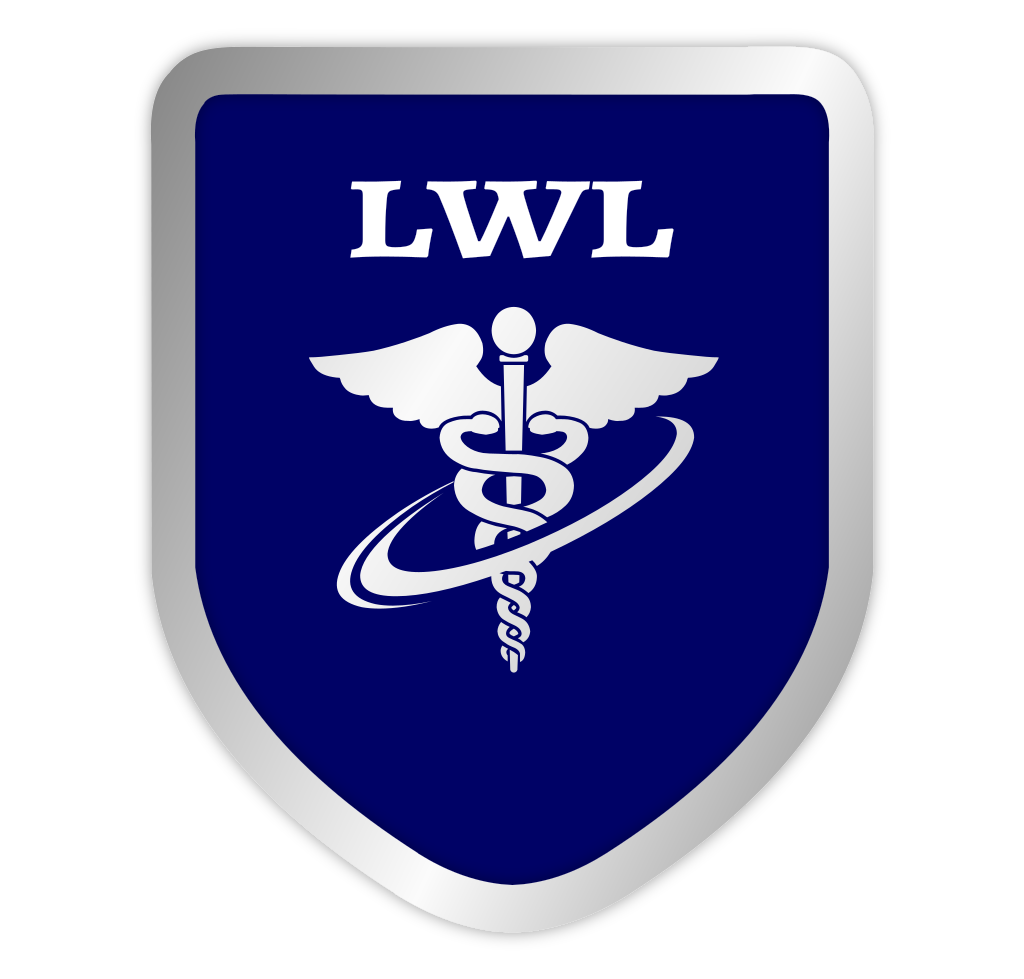Exercise vs. Nutrition
Have you increased your duration or frequency of exercise in an effort to lose weight, but the scale hasn't budged? Sometimes this can be due to an increase in muscle mass as you lose body fat, but many times it is because you have not changed your dietary habits. Exercise alone very rarely will help with weight loss. In fact, you can reach your goal weight without any exercise at all if you improve your nutrition.
Why doesn't exercise help if weight loss boils down to calories in vs. calories out? First, the calories in vs. calories out hypothesis is outdated. There are many more factors involved in weight regulation. Second, most of your "calories out" are due to your resting metabolic rate, not from daily activity. You can improve your resting metabolic rate by increasing your muscle mass through resistance training, but this process still requires that you eat properly with an adequate amount of protein. Third, gym equipment and fitness trackers tend to overestimate calorie burn. It is extremely difficult to exercise enough to counteract bad eating habits. Finally, one study showed that people moved less throughout the day after strenuous exercise, thereby negating some of calories lost.
Can you lose weight through exercise alone? Sure, if you work out 2-3 hours daily or are a professional athlete. However, this is just not feasible for most of us.
So should you exercise at all? Absolutely! Although exercise won't help you to lose weight, it will help you to keep the weight off. Multiple studies have shown that people who exercise regularly are more likely to maintain their weight loss. Additionally, exercise helps improve your cardiovascular health.
The bottom line: for long-term weight loss success, you must combine both nutrition and exercise. However, if you are struggling to find time for both, it is OK to focus just on nutrition at the beginning and add in exercise once you have adjusted to your new diet.
Be well,
Dr. M

